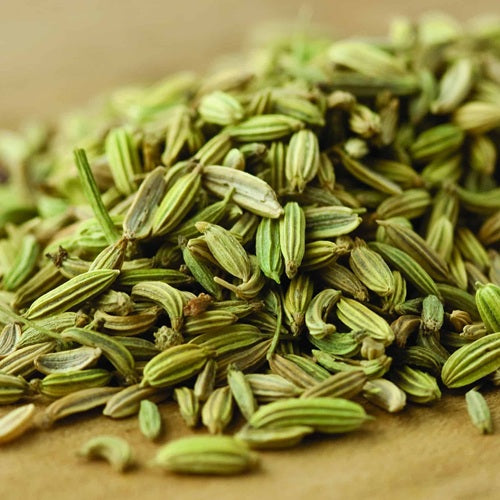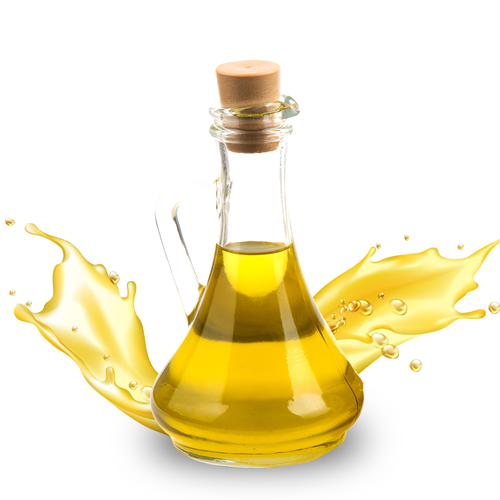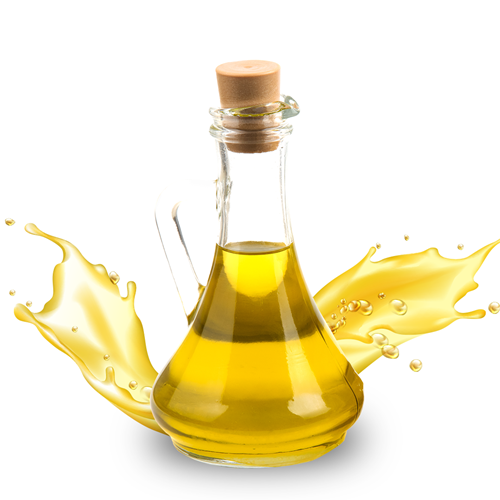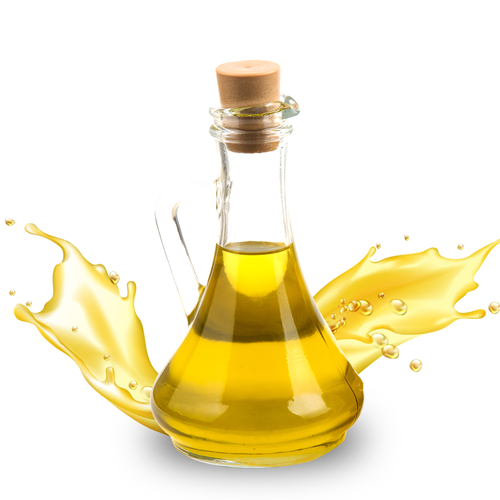Menu
Add description, images, menus and links to your mega menu
A column with no settings can be used as a spacer
Link to your collections, sales and even external links
Add up to five columns
Add description, images, menus and links to your mega menu
A column with no settings can be used as a spacer
Link to your collections, sales and even external links
Add up to five columns
LOOKING FOR BULK INGREDIENTS PRICING?

Benefits of Fennel seeds - Wholesale B2B Bulk Suppliers in Europe
Fennel Seeds: A Sweet and Aromatic Powerhouse for Digestion and Wellness
Fennel Seeds, obtained from the aromatic herb Foeniculum vulgare, are widely recognized for their pleasant licorice-like flavor and impressive range of medicinal and culinary uses. Native to the Mediterranean region and now cultivated across the globe, fennel seeds are prized in Ayurvedic, Chinese, and traditional Western herbal medicine for promoting digestion, reducing bloating, and freshening breath.
Botanical Profile
-
Botanical Name: Foeniculum vulgare
-
Family: Apiaceae
-
Plant Part Used: Seeds
-
Color: Green to yellowish-brown
-
Common Names: Saunf, Sweet Fennel, Florence Fennel
Culinary and Traditional Use
Fennel seeds are commonly chewed after meals as a natural mouth freshener and digestive aid. In cooking, they are used to flavor breads, curries, pickles, and teas. Their sweet, slightly spicy taste makes them a favorite in both sweet and savory dishes across Indian, Middle Eastern, and European cuisines.
Health Benefits of Fennel Seeds
-
Improves Digestion and Relieves Bloating
Fennel seeds are known for their carminative properties that help reduce gas, bloating, and abdominal discomfort. They stimulate the secretion of digestive enzymes and aid in smoother digestion. -
Freshens Breath Naturally
The essential oils in fennel seeds, particularly anethole, help neutralize bad breath and provide a cooling effect in the mouth, making them a natural alternative to chewing gum or mints. -
Supports Hormonal Balance
Fennel seeds contain phytoestrogens—plant compounds that mimic estrogen—which may help alleviate symptoms of PMS, menopause, and other hormonal imbalances in women. -
Promotes Lactation
Traditionally, fennel seeds have been used by nursing mothers to enhance milk production. Their galactagogue properties make them a popular ingredient in herbal teas for lactating women. -
Rich in Antioxidants
Fennel seeds contain powerful antioxidants like flavonoids, quercetin, and kaempferol that help combat oxidative stress and support overall health. -
May Aid in Weight Management
Fennel seed water or tea can act as a natural appetite suppressant and mild diuretic, supporting metabolism and detoxification when combined with a healthy lifestyle.
Common Uses and Applications
-
As a digestive mouth freshener after meals
-
In herbal teas and detox infusions
-
As a spice in curries, pickles, and baked goods
-
In traditional medicine for digestive and hormonal support
-
In lactation-promoting herbal blends
Recommended Usage
Fennel seeds can be consumed whole, crushed, or brewed into tea. A typical dosage is 1–2 teaspoons of whole seeds per day. For therapeutic use, fennel seed tea made from 1 teaspoon of crushed seeds steeped in hot water is often consumed 1–2 times daily.
Precautions
Fennel seeds are generally safe when consumed in moderate amounts. However, excessive consumption may lead to allergic reactions or hormonal effects, especially in those sensitive to estrogen. Pregnant women should consult a healthcare provider before using large quantities of fennel.
Final Thoughts
Fennel seeds are a delightful fusion of flavor and function. Their gentle digestive, antioxidant, and hormone-balancing properties make them a staple in herbal wellness and daily cooking. Whether you chew them after a meal or sip on fennel tea, these tiny seeds can contribute to a healthier, more balanced lifestyle naturally.
For bulk orders and inquiries, visit Reveda - Fennel seeds
BUY ONLINE IN USA FROM REVEDA - The leading manufacturer B2B Bulk Wholesale Supplier of Fennel seeds in Europe.
Also in Reveda: Health & Wellness

Benifits Of Omega-3 Fish Oil EE - 460 MG/G EPA & 180 MG/G DHA - Wholesale B2B Bulk Suppliers in USA
Read More
SUBSCRIBE NOW ...
Don't miss to get latest updates on sales, new releases and promotions

